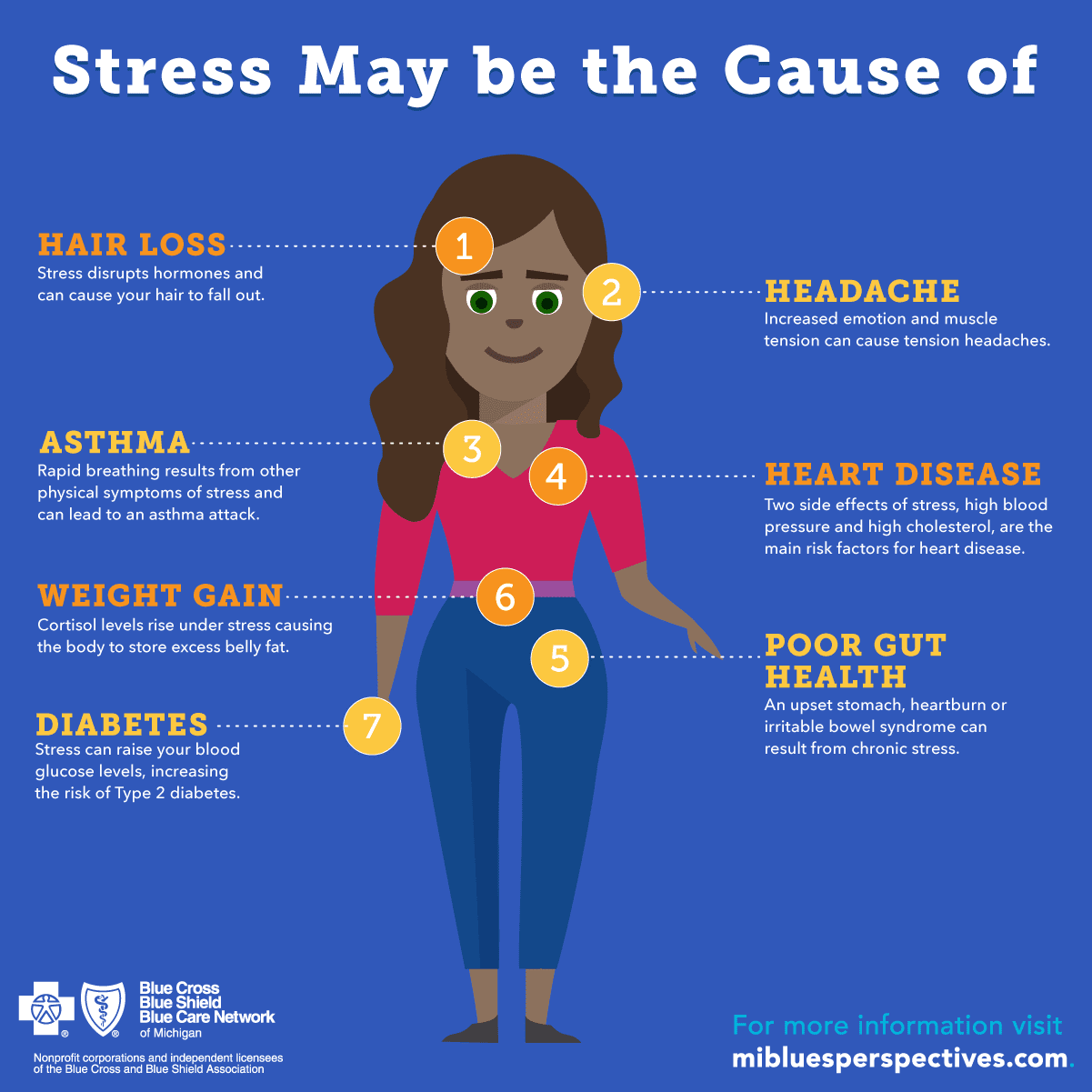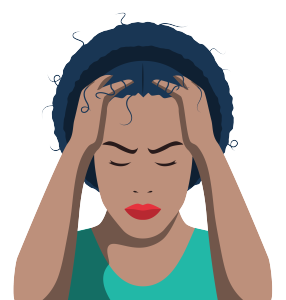
The Only Guide for Stress – Mental Health Foundation
Everybody experiences tension from time to time. There are different types of stressall of which carry physical and mental health risks. A stress factor may be a one-time or short-term incident, or it can take place repeatedly over a long period of time. Some people might cope with tension better and recover from stressful events faster than others. Check it Out of tension include: Regular stress associated to the pressures of school, work, household, and other daily responsibilities. Tension produced by a sudden unfavorable modification, such as losing a task, divorce, or health problem. Traumatic tension experienced throughout an event such as a major mishap, war, assault, or natural disaster where individuals might remain in threat of being seriously hurt or eliminated.
Check out more about Managing Distressing Occasions.

In a hazardous scenario, stress signals the body to prepare to deal with a hazard or get away to safety. In these scenarios, your pulse quickens, you breathe quicker, your muscles tense, and your brain utilizes more oxygen and increases activityall functions targeted at survival and in response to tension. In non-life-threatening scenarios, stress can inspire people, such as when they need to take a test or interview for a new job.

What Causes Stress? Stress Management, Signs, and Types Things To Know Before You Get This
Handling the impact of chronic tension can be tough. Because the source of long-term tension is more continuous than intense stress, the body never ever receives a clear signal to go back to normal performance. With chronic stress, those very same lifesaving responses in the body can disrupt the immune, digestive, cardiovascular, sleep, and reproductive systems. Some individuals may experience primarily digestive symptoms, while others might have headaches, insomnia, sadness, anger, or irritability. With time, continued stress on your body from stress may contribute to serious illness, such as cardiovascular disease, hypertension, diabetes, and other health problems, consisting of mental illness such as depression or anxiety.